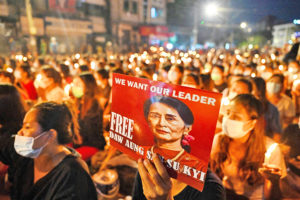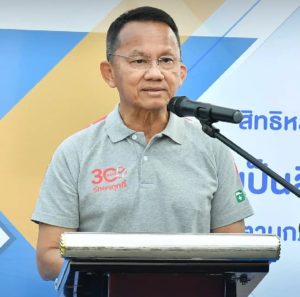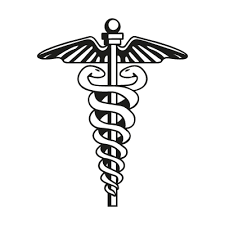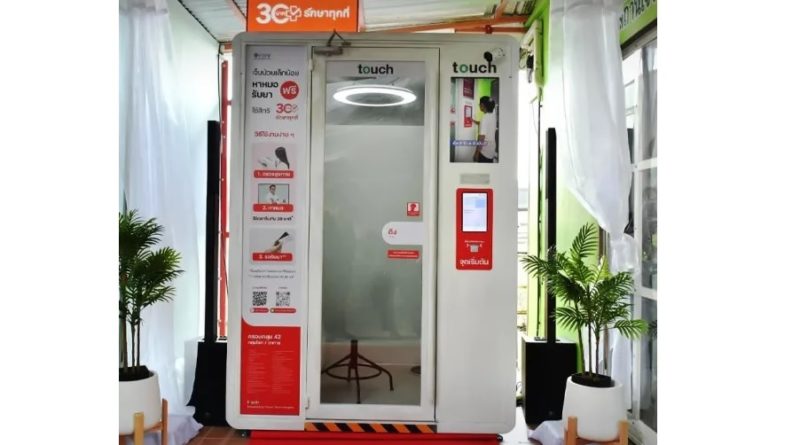ASEANEWS HEADLINE-HEALTH | BANGKOK: Thailand launches telemedicine kiosks for convenient healthcare
The health station, developed in cooperation with Touch Technology Co Ltd, allows patients to measure their vital signs, such as body temperature, pulse, respiration and blood pressure. It then links them up to a video call system to meet a doctor. PHOTO: ANN/THE NATION




FREE ASEAN –
FREE MYANMAR/CAMBODIA/THAILAND /LAOS
FREE Aung San Suu Kyi

BANGKOK (ANN/THE NATION) – Thailand’s National Health Security Office (NHSO) has launched its first telemedicine kiosk, enabling residents to access treatment for 42 common ailments without needing to visit clinics or hospitals. The innovative Tu Huang Yai (Care Box) was inaugurated on Monday at the Charoen Chai Nimit Mai housing cooperative in Bangkok’s Chatuchak district, with Public Health Minister Somsak Thepsutin presiding over the event.
 Ads by:
Ads by:
.
..
Developed in collaboration with Touch Technology Co Ltd, the kiosk allows patients to measure key vital signs, including body temperature, pulse, respiration, and blood pressure. The data is then transmitted to an online system for a video consultation with a doctor. Patients can choose to have their prescriptions delivered to their homes or collect them from participating pharmacies under the 30-baht universal healthcare scheme.

Minister Somsak (pic from The Nation, left) highlighted that this new service aligns with the government’s aim to enhance the 30-baht universal healthcare scheme into a 30-baht “anywhere” service, making quality treatment more accessible and reducing hospital congestion. He noted that each kiosk could serve up to 72 patients daily.
NHSO secretary-general Jadet Thamthataree explained that the kiosk is part of NHSO’s proactive approach to expanding healthcare access. Plans include setting up kiosks at Krung Thep Aphiwat Central Terminal Station and in the Din Daeng Kheha 1 and Kheha 2 communities, with more installations slated across Bangkok.

Ads by:
Wichian Saengploy, president of the Chatuchak community, praised the initiative, emphasising that it would offer residents the convenience of seeking treatment without traveling long distances to hospitals or clinics.


 Memento Maxima Digital Marketing
Memento Maxima Digital Marketing Ads by:
Ads by:







